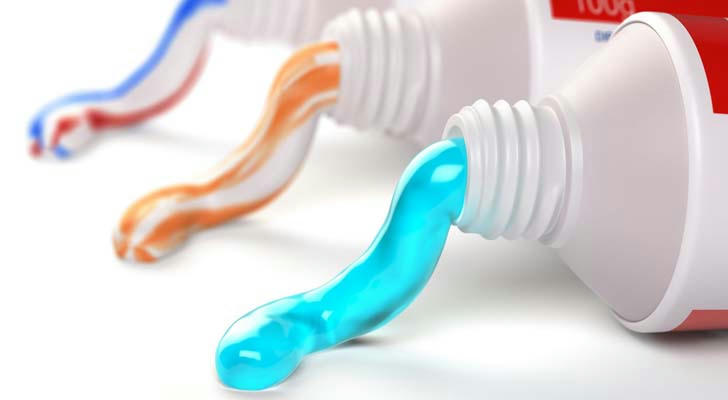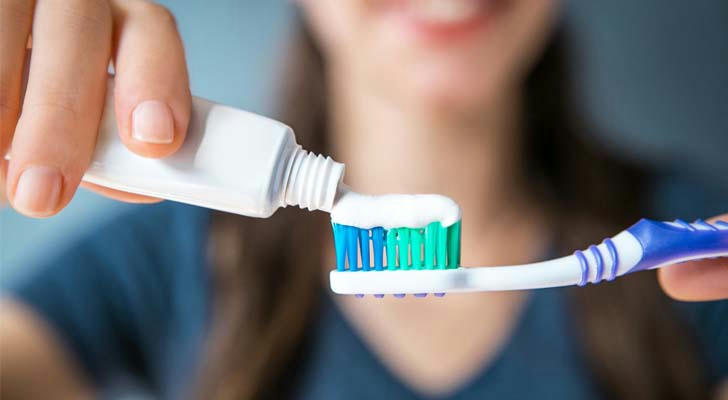How to Choose the Right Toothbrush and Toothpaste Based on Your Needs

Choosing the right toothbrush and toothpaste is crucial for maintaining oral health. While many people may think that any toothbrush and toothpaste will suffice, there are numerous options available on the market, each with its unique features. Understanding how to choose based on your needs can significantly enhance your oral hygiene. This article provides guidelines for selecting the right products, along with scientific evidence and case studies to help you make informed decisions.
1. Choosing the Right Toothbrush
Soft Bristles vs. Hard Bristles
● Scientific Evidence: Research shows that soft-bristled toothbrushes effectively remove plaque while causing less irritation to the gums. A study published in the Journal of Periodontology indicated that participants using soft-bristled brushes exhibited better gum health than those using hard-bristled brushes. The American Dental Association (ADA) also recommends soft-bristled toothbrushes to minimize gum bleeding and wear.
Manual Toothbrush vs. Electric Toothbrush
● Case Study: According to a study published in Dental Research, electric toothbrushes are more effective at removing plaque. Participants who used electric toothbrushes showed a significant reduction in plaque levels compared to those using manual brushes. The study found that plaque levels in electric toothbrush users dropped by an average of 21% after six weeks. However, a manual toothbrush can also achieve similar results when used correctly. When choosing an electric toothbrush, consider factors like brush head size, vibration frequency, and additional features (such as timers and pressure sensors).
Brush Head Size and Shape
● The size of the brush head should match your mouth size. Smaller brush heads are easier to maneuver in hard-to-reach areas, so select a head shape that meets your oral needs (e.g., round or square).

2. Choosing the Right Toothpaste
Fluoride Toothpaste vs. Non-Fluoride Toothpaste
● Scientific Evidence: Fluoride toothpaste has been proven effective in preventing cavities. Fluoride helps repair early cavities and strengthens tooth enamel. A study in the Journal of Dental Research showed that children using fluoride toothpaste had a 25% lower incidence of cavities compared to those using non-fluoride toothpaste. Both the ADA and the World Health Organization (WHO) recommend fluoride toothpaste.
Toothpaste for Specific Issues
● Case Study: If you experience tooth sensitivity, selecting toothpaste with sensitivity protection ingredients (like potassium nitrate or fluoride) can alleviate discomfort. One study indicated that participants using potassium nitrate toothpaste experienced a 42% reduction in sensitivity symptoms after four weeks.
Whitening Toothpaste
● Whitening toothpaste often contains abrasives and fluoride to remove surface stains. However, they may not be suitable for everyone, especially those with sensitive enamel. When choosing this type of toothpaste, follow product instructions and consult your dentist to see if it’s right for you.

3. How to Choose Based on Personal Needs
● Consult Your Dentist: Before selecting a toothbrush and toothpaste, discuss your options with your dentist for personalized recommendations. They can suggest products tailored to your oral health status.
● Read Labels: When purchasing toothbrushes and toothpaste, check the product labels to confirm their ingredients and functions. Opt for products certified by the ADA or other relevant organizations to ensure their effectiveness and safety.
● Regular Replacement: Regardless of your toothbrush and toothpaste choice, maintaining good usage habits is essential. It’s recommended to replace your toothbrush every three months or sooner if the bristles are frayed.
Conclusion
Selecting the right toothbrush and toothpaste is a vital step in maintaining oral health. Understanding the various types of products and their appropriate uses can help you make informed choices. By combining scientific evidence, real-life case studies, and personal needs, you can find the most suitable oral care regimen. Good oral hygiene not only ensures a bright smile but also enhances your overall health.
